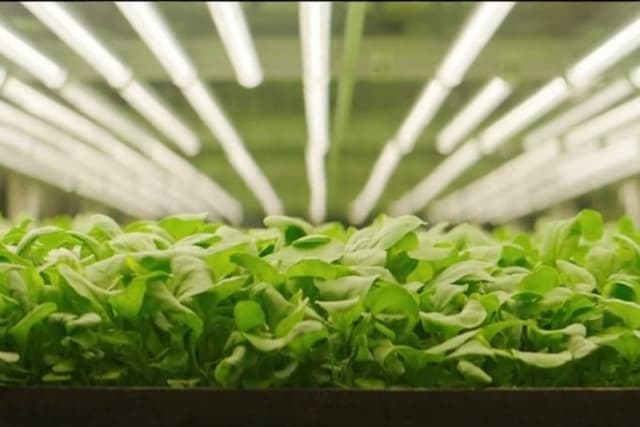
2040 - Food Security and Urban Farming
Lesson2 of 4 in this unit
SecondaryYear 9 - 10Humanities and Social SciencesGeographyEnvironmentalBiodiversityLand ManagementSustainabilityEconomicIndustry, Innovation and Infrastructure
Summary
Lesson guides and printables
Lesson Plan

Student Worksheet

Teacher Content Info
